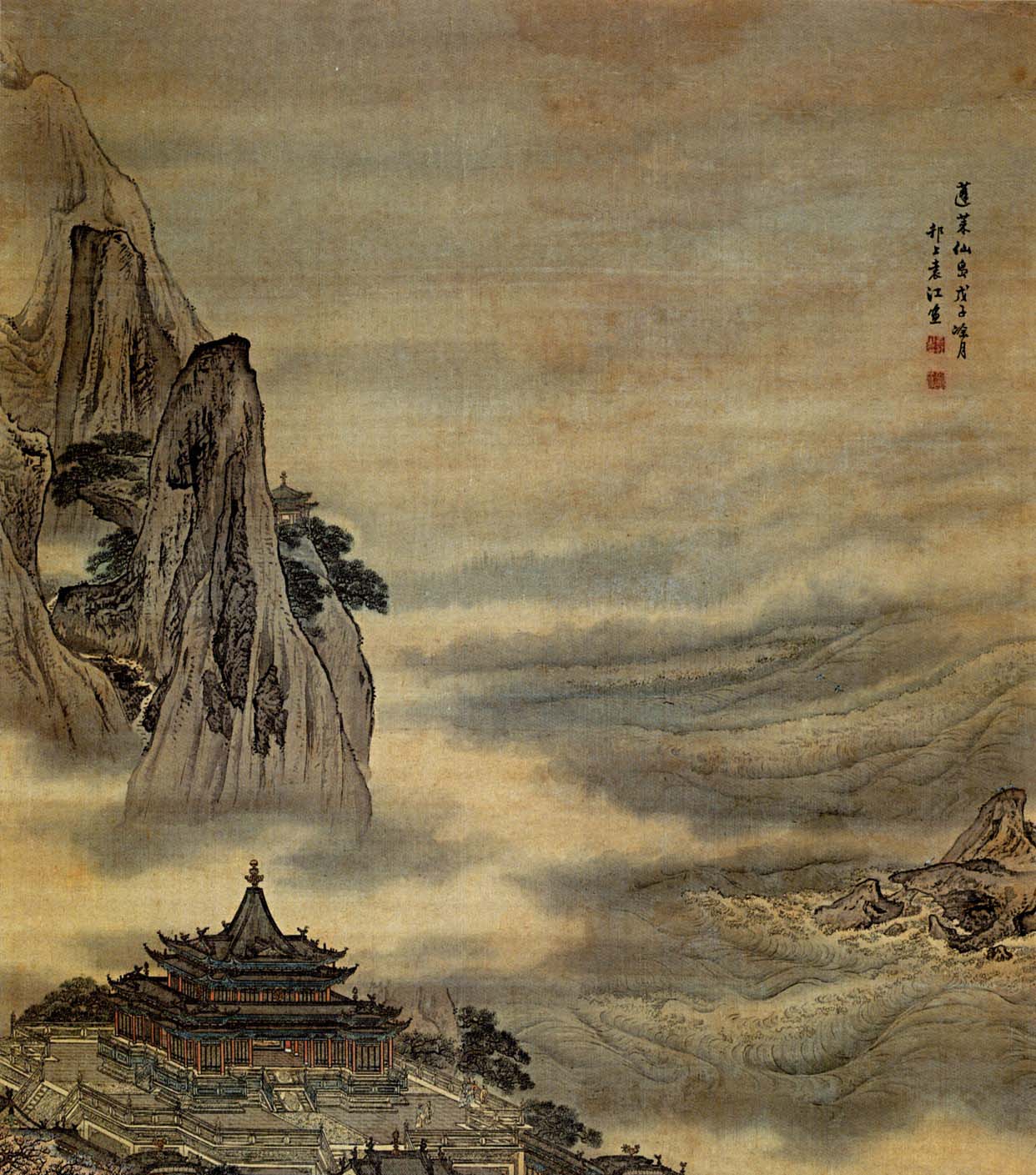Time was, long before I met her,
but longer still, since we parted,
The east wind is powerless, for it has come
and a hundred flowers are gone,
And the silk-worms of spring will spin until they die
And every night candles will weep their wicks away.
In the morning mirror she sees her temple hair
changing the color of clouds
Chanting poems in the chill of moonlight.
Oh, it is not so very far to Penglai
O blue-birds listen, bring me what she says.
Interpreting Li Shangyin
This is the third of five poems Li Shangyin wrote to one unnamed.
Line one describes the difficulty of poet and the object of his poem in meeting. Time being the greatest obstacle to two lovers(?). Powerless is the East Wind 东风 Dōngfēng of spring because all its flowers have come and gone. Life will go on like the silkworm spinning, until it dies. And each night the candle wax weeps as the wick fades away.
The poet’s unnamed muse sees herself in the mirror. She sees the silver hairs growing at her temples. Still she chants her poems in the chill of moonlight 月光 Yuèguāng .
It is not far to Never-never land
That is how one would translate 蓬莱 Pénglái . In Chinese mythology it is a mythical island, home to the Eight Immortals, where there is no pain and no winter; where rice bowls and wine glasses never become empty no matter how much people eat or drink; and where enchanted fruits grow that can heal any ailment, grant eternal youth, and raise the departed.
Chinese
无题之三
相见时难别亦难
东风无力百花残
春蚕到死丝方尽
蜡炬成灰泪始干
晓镜但愁云鬓改
夜吟应觉月光寒
蓬莱此去无多路
青鸟殷勤为探看
Pinyin
Wútí zhī sān
xiāng jiàn shí nán
bié yì nán dōngfēng wúlì bǎihuā cán
chūncán dào sǐ sī fāng jǐn
là jù chéng huī lèi shǐ gàn
xiǎo jìng dàn chóu yúnbìn gǎi
yè yín yīng jué yuèguāng hán
pénglái cǐ qù wú duō lù
qīngniǎo yīnqín wèi tàn kàn












